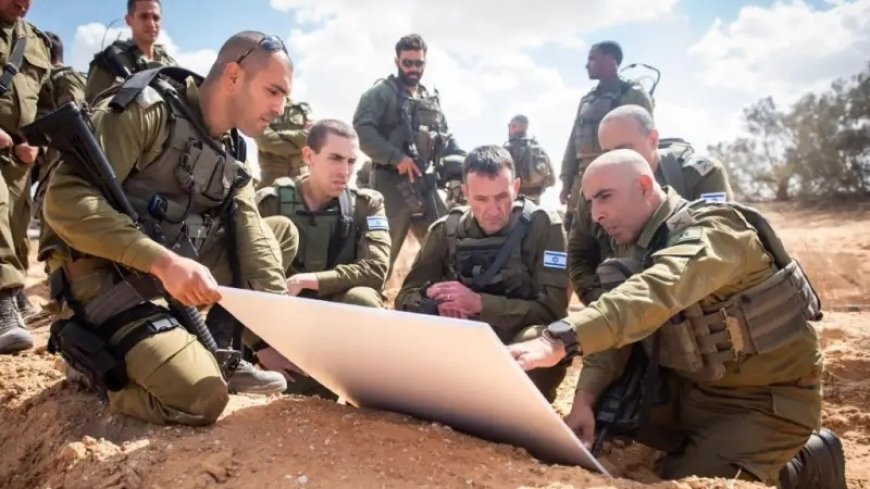Israel Changes Approach in Lebanon Following Major Losses Against Hezbollah

Israel's military approach in southern Lebanon has changed significantly since their ground attack, started in early October 2024, has encountered strong resistance from Hezbollah soldiers. Israeli forces have barely reached three kilometers into Lebanon, failing to seize any towns despite best efforts to advance. According to reports, throughout the operation at least 100 Israeli soldiers have been killed, over 1,000 wounded, and forty-three Merkava tanks, eight bulldozers, and many advanced drones destroyed. These losses have apparently caused Israel to change its strategy, using bombardment of residential areas and rapidly departing to minimize more losses.
The fighting has underlined Hezbollah's fortitude in face of the murder of important leaders. Military analysts contend that Hezbollah's guerilla methods and ambushes have seriously hampered Israel's advancement. Israeli media claims that the protracted confrontation has revealed weaknesses in Israel's military readiness, with a stated shortfall of over 10,000 troops—including 7,500 required for combat tasks. Recruiting Haredi Jews into the military has proved mainly fruitless. Hezbollah's operational power is demonstrated by its continuous frequent missile strikes meanwhile.
Over the way the conflict is being handled, criticism has grown mounting within Israel, especially directed on the recently appointed defense minister. Israeli TV station 13 highlighted his strategic mistake in declaring early triumph against Hezbollah as a result of his disarmament setting as a war goal. Analysts advise this posture could compromise Israel's position in next negotiations. Israeli media have characterized the situation in Lebanon as a "sinkhole" for the military as the battle drags on, therefore highlighting the difficulties in realizing Israel's declared objectives in the area.













































